The town of Innisfail, Alta., — population just under 8,000 — made national news on June 13 when hundreds of people came to a local Black Lives Matter (BLM) protest. It was just one of many massive rallies throughout the province — including in Edmonton, Calgary, Medicine Hat, Lethbridge, Okotoks, Red Deer and Fort McMurray — held in solidarity with movements across North America calling for police to be defunded.
Just more than a week after Innisfail’s event, in an incredible showing of reading the room, United Conservative Party (UCP) MLA Todd Loewen moved a motion that would allow the minister of justice and solicitor general to “explore options to establish a voluntary civilian corps to assist law enforcement in Alberta.” His motion passed.
Loewen’s motion doesn’t legally bind the Alberta government to do anything. Yet it’s a worrying sign that as movements contesting the legitimacy of police and demanding alternatives to using them to respond to emergency situations grow, UCP members are willing to entertain this idea.
Loewen was formerly a Wildrose party MLA. At the start of June, he was named to the Alberta government’s 12-member firearms committee, one of only three MLAs. His committee bio says, “He owns several handguns and rifles, and to this day regularly hunts deer, elk, moose and other animals.” Before serving this motion, Loewen was most famous for having helped remove a swarm of bees from someone’s car (not with his rifle).
Loewen insists these volunteer corps won’t be a militia or vigilante group, telling Global News Morning his vision is to have them “maybe take away some of the more mundane duties that police officers do so that they can focus on crime prevention.” As examples, Loewen listed traffic, fire and flood control, and community patrols that could call police if they saw anything suspicious. He noted that he’d want them to be “organized, screened and trained by the local police force.”
In rural communities, it makes sense from both a radical leftwing and conservative perspective to not have police continue doing much of the work they’ve been doing. But the similarities end there. Judging by his explanation, it’s clear Loewen is afraid the movement to defund the police will gain more traction.
Loewen anchors his motion in fears about rural crime, which dovetails with a white supremacist notion that a (white) man’s land is his kingdom. The way this conversation has played out aggravates anti-Indigenous racism because in order to argue for people to become members of local volunteer corps to fight crime, Loewen must assume they aren’t the same people actually committing these crimes.
According to a Statistics Canada 2017 report, 17 per cent of Canadians were policed by rural police services, while rural crime made up 21 per cent of the overall rate. The report also found that rates of rural violent crime, property damage and all crimes decreased from 2016.
The kinds of crime that are increasing aren’t going to be stopped by a volunteer corps. The Alberta Provincial Rural Crime Watch Association’s most recent newsletter, for example, spends pages reminding people how to protect their identities from online scammers.
The Alberta government has already committed to hiring more rural RCMP officers and giving peace officers more power to respond to emergency calls. There are also live reporting maps where you can see real-time instances of rural crime across the province. Their purpose, says the RCMP, is for citizens to “develop sound crime prevention habits for their families and their communities and encourage citizens to report suspicious activities.”
The reality is rural crime is driven by factors that can’t be addressed by more police or volunteer patrols, including: digital illiteracy, elderly vulnerability, a lack of rural mental health and addictions services, violence against women and poverty.
Far from a dog whistle, Loewen’s motion was akin to whipping out some bagpipes and holding a high note as long as he could for every prepper, gun-lover, militant racist and survivalist to hear.
Loewen’s motion gives oxygen to Alberta’s various militia organizations, like the Three Percenters, who actively engage in military-style training exercises. Regardless of Loewen’s intentions, it’s easy to imagine these organizations being the first to jump at the chance to police their communities.
Looming over the issue of rural crime is the case of Gerald Stanley, a farmer in Saskatchewan who killed Colten Boushie and defended his actions by claiming he lived in fear because his community is underserviced by police.
Moreover, rural policing has a direct relationship to the genocidal history of the RCMP, particularly how it enforces, corrals, punishes and determines who is allowed to be on what land. It isn’t a coincidence that the MLA who is chairing Alberta’s firearms task force referred to land defenders at Wet’suwet’en as “eco-radical thugs.”
Clearly, there’s broad support to defund the police and for Black and Indigenous lives to be valued and loved. It’s hard to see Loewen’s motion as anything other than stoking fires of hate and bigotry, in the hope of helping to diffuse the popular support that BLM holds in the province.

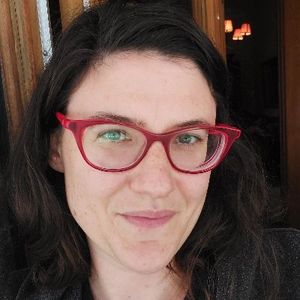
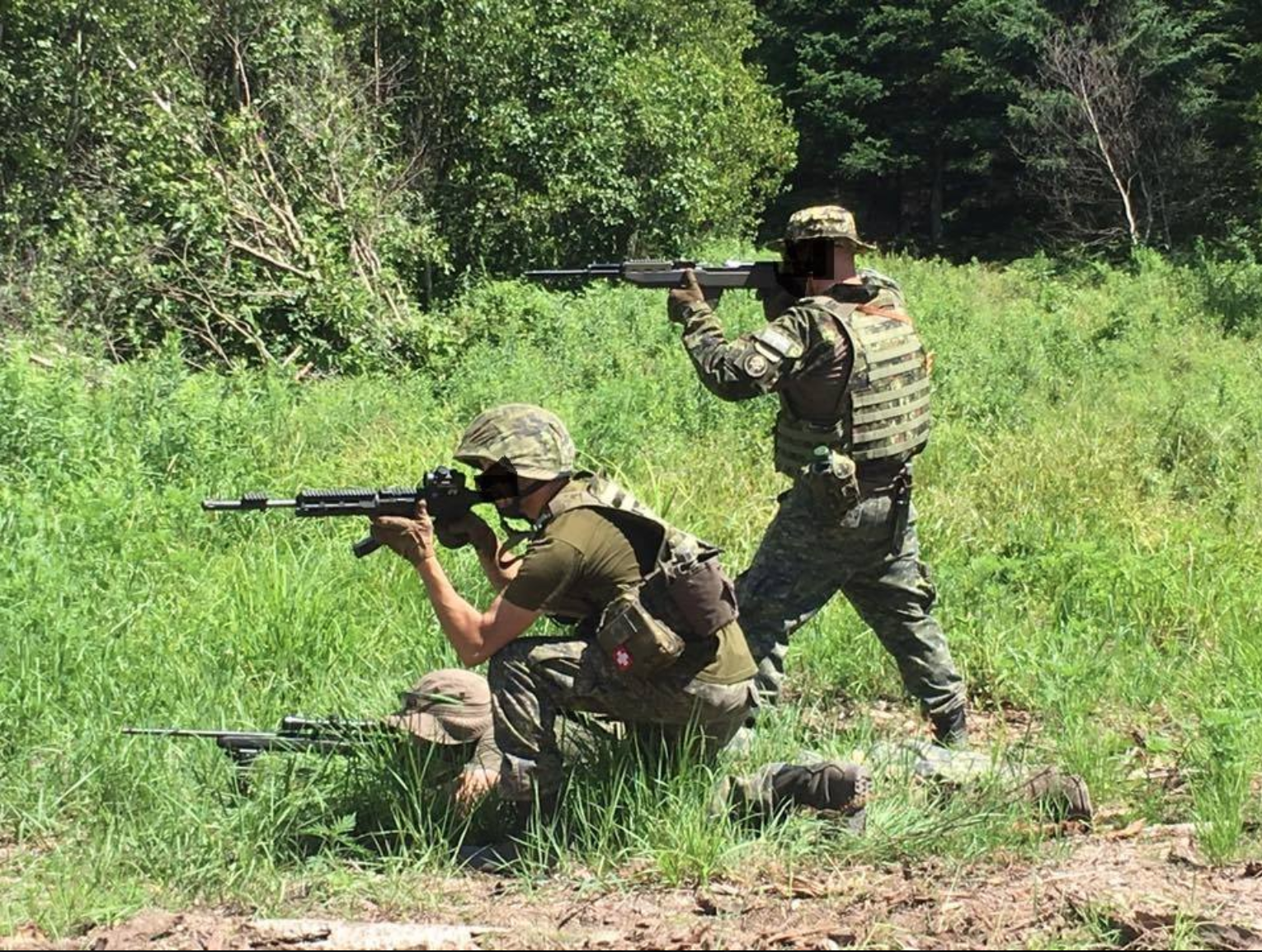
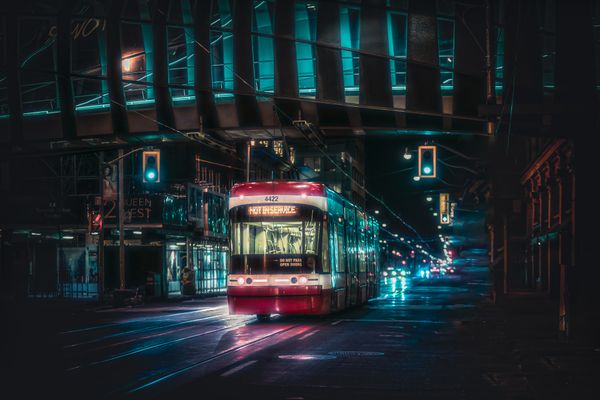
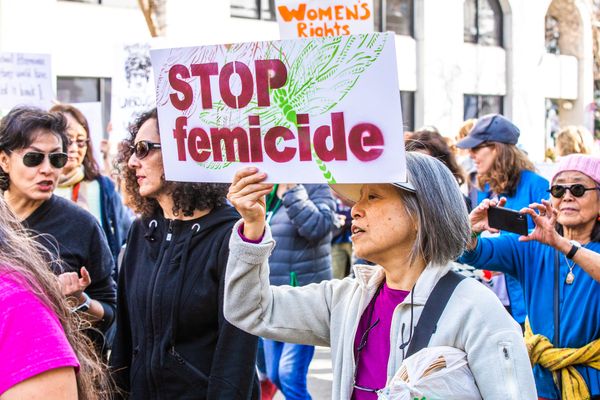
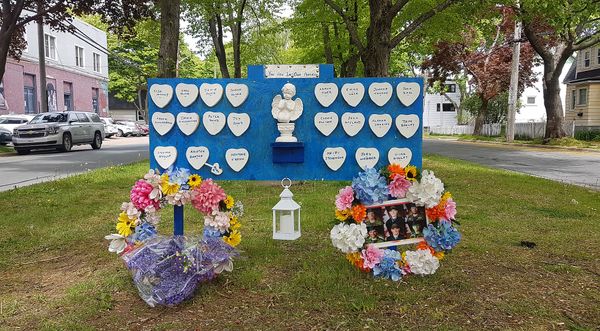


Member discussion